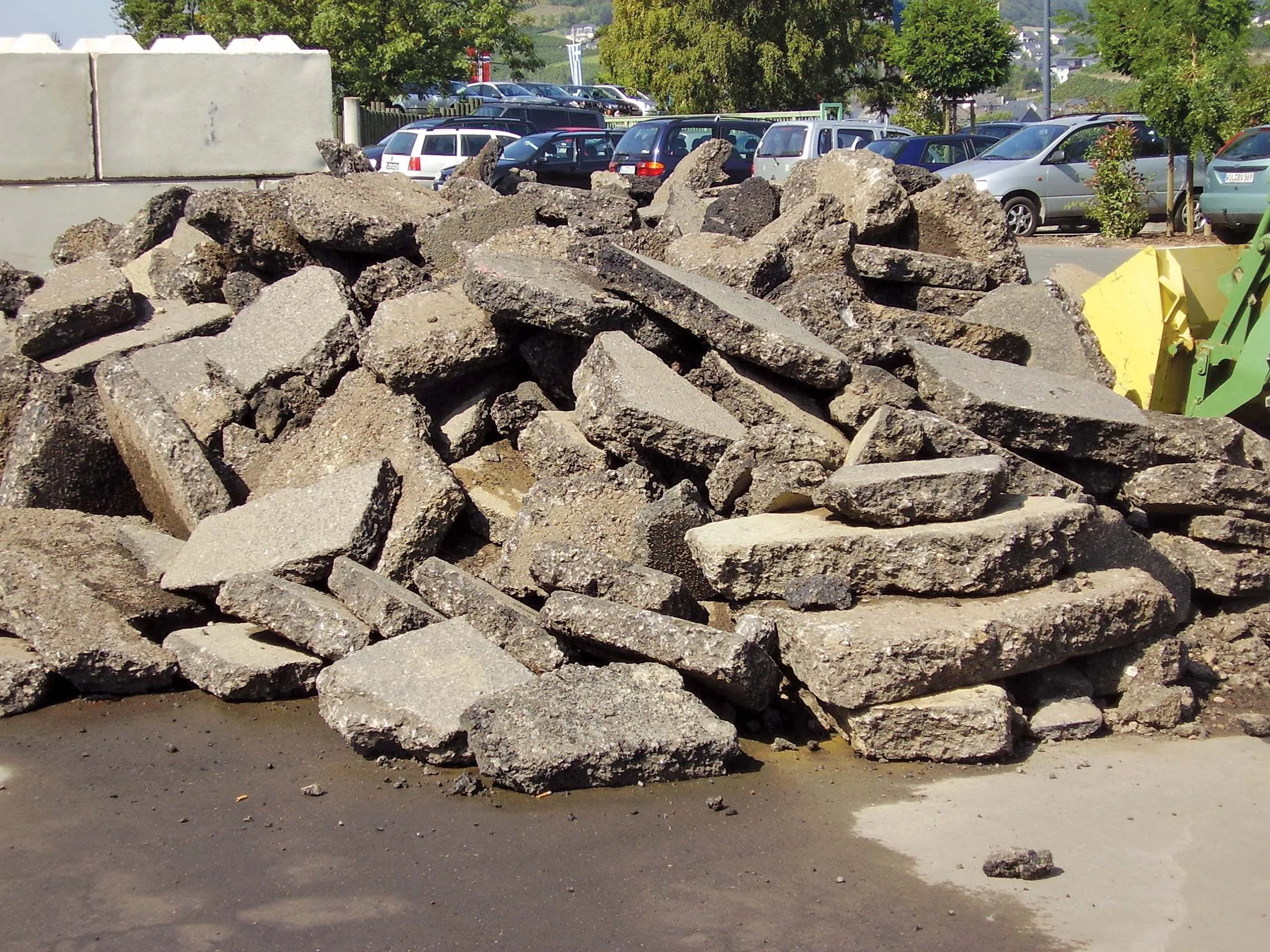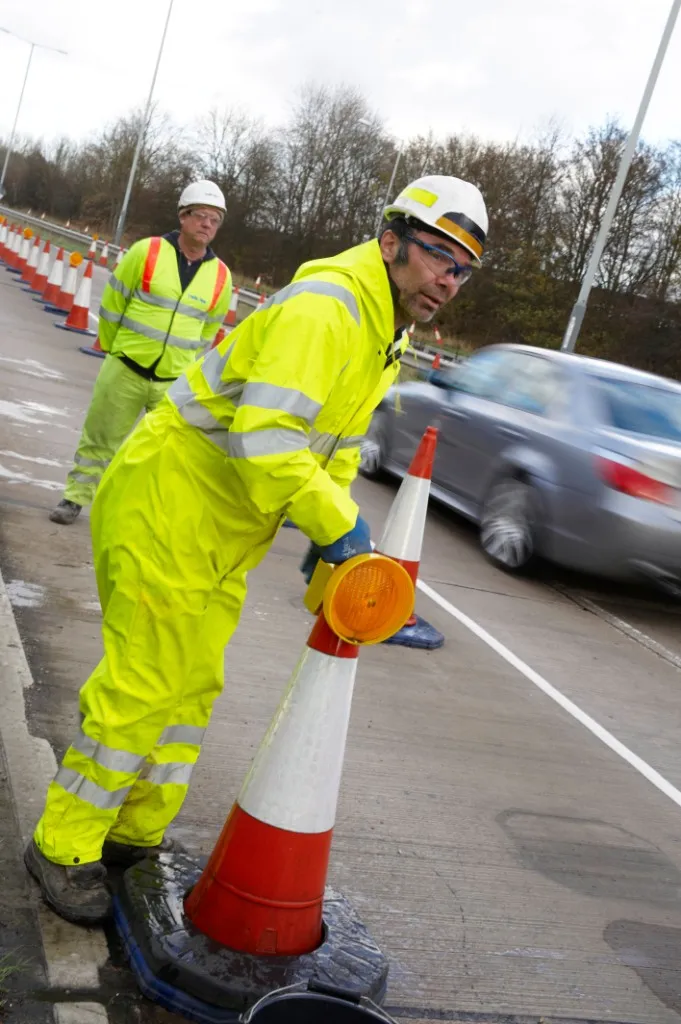Recycled asphalt use is growing in some markets - David Arminas writes. The use of reclaimed asphalt pavement in the US increased during 2013 after two years of no rise, according the latest report from the US National Asphalt Pavement Association (NAPA). The report found that more than 73 million tonnes of reclaimed asphalt pavement and 1.7 million tons of reclaimed asphalt roofing shingles were used in new asphalt pavement mixes in the US during in 2013. Using recycled asphalt material saved about $2 bill
March 5, 2015
Read time: 3 mins

Recycled asphalt use is growing in some markets - David Arminas writes
The use of reclaimed asphalt pavement in the US increased during 2013 after two years of no rise, according the latest report from the US3464 National Asphalt Pavement Association (NAPA). The report found that more than 73 million tonnes of reclaimed asphalt pavement and 1.7 million tons of reclaimed asphalt roofing shingles were used in new asphalt pavement mixes in the US during in 2013.
Using recycled asphalt material saved about $2 billion in 2013 over the use of virgin materials, the report noted.
The use of recycled material is one of several topics discussed at a major conference (7924 PPRS 2015) on road asset maintenance in Paris, the Pavement Preservation and Recycling Summit from February 22-25.
The NAPA/FHWA report said that the number of tonnes of asphalt pavement mixtures produced using recycled and reclaimed materials was predominately flat from 2012 to 2013. This is despite a 2.5% drop in total tonnes of asphalt produced during 2013 compared to 2012.
However, the percentage of tonnes produced using these materials was slightly greater in 2013 than 2012.
The survey was conducted in mid-2014 by NAPA under contract to the2410 Federal Highway Administration (FHWA). The report was compiled using results from 249 companies with 1,281 plants in all 50 US states, the District of Columbia and Puerto Rico. Also used was information from asphalt pavement associations in 38 states.
A full copy of the NAPA/FHWA report can be downloaded from www.AsphaltPavement.org/recycling.
The issue of saving money but at the same time maintaining road assets is one of the most important discussions globally, especially during these austere times where governments at all levels are seeing budgets drastically reduced. But roads must be maintained or the wider economy will suffer.
“Insufficient maintenance has created a backlog and is affecting service levels,” said Jean-Francois Corte, secretary general of the World Road Association (PIARC), based in Paris.
“What’s needed right now is at least a medium-term vision to embrace the right type of maintenance, a strong strategy. Because there has been insufficient maintenance, road networks are degrading faster. Many highways authorities don’t have this medium- or long-term approach to highway maintenance because they are bound by their government’s annual budgets.”
Attendees to the Pavement Preservation and Recycling Summit in Paris will learn how, during these exacting times, to put the business case forward to ensure more investment is there when and where it is needed. Speakers at the event include Bud Wright, executive director of the3510 American Association of State Highway and Transportation Officials (AASHTO) and William Finerty, a vice-president of 178 Caterpillar.
A recent publication by3141 PIARC, called The Importance of Road Maintenance, is available as a %$Linker: 2 External <?xml version="1.0" encoding="utf-16"?><dictionary /> 0 0 0 oLinkExternal free download The Importance of Road Maintenance free download PIARC false http://www.piarc.org/en/publications/technical-reports/ false false %> on the PIARC website.
The use of reclaimed asphalt pavement in the US increased during 2013 after two years of no rise, according the latest report from the US
Using recycled asphalt material saved about $2 billion in 2013 over the use of virgin materials, the report noted.
The use of recycled material is one of several topics discussed at a major conference (
The NAPA/FHWA report said that the number of tonnes of asphalt pavement mixtures produced using recycled and reclaimed materials was predominately flat from 2012 to 2013. This is despite a 2.5% drop in total tonnes of asphalt produced during 2013 compared to 2012.
However, the percentage of tonnes produced using these materials was slightly greater in 2013 than 2012.
The survey was conducted in mid-2014 by NAPA under contract to the
A full copy of the NAPA/FHWA report can be downloaded from www.AsphaltPavement.org/recycling.
The issue of saving money but at the same time maintaining road assets is one of the most important discussions globally, especially during these austere times where governments at all levels are seeing budgets drastically reduced. But roads must be maintained or the wider economy will suffer.
“Insufficient maintenance has created a backlog and is affecting service levels,” said Jean-Francois Corte, secretary general of the World Road Association (PIARC), based in Paris.
“What’s needed right now is at least a medium-term vision to embrace the right type of maintenance, a strong strategy. Because there has been insufficient maintenance, road networks are degrading faster. Many highways authorities don’t have this medium- or long-term approach to highway maintenance because they are bound by their government’s annual budgets.”
Attendees to the Pavement Preservation and Recycling Summit in Paris will learn how, during these exacting times, to put the business case forward to ensure more investment is there when and where it is needed. Speakers at the event include Bud Wright, executive director of the
A recent publication by









